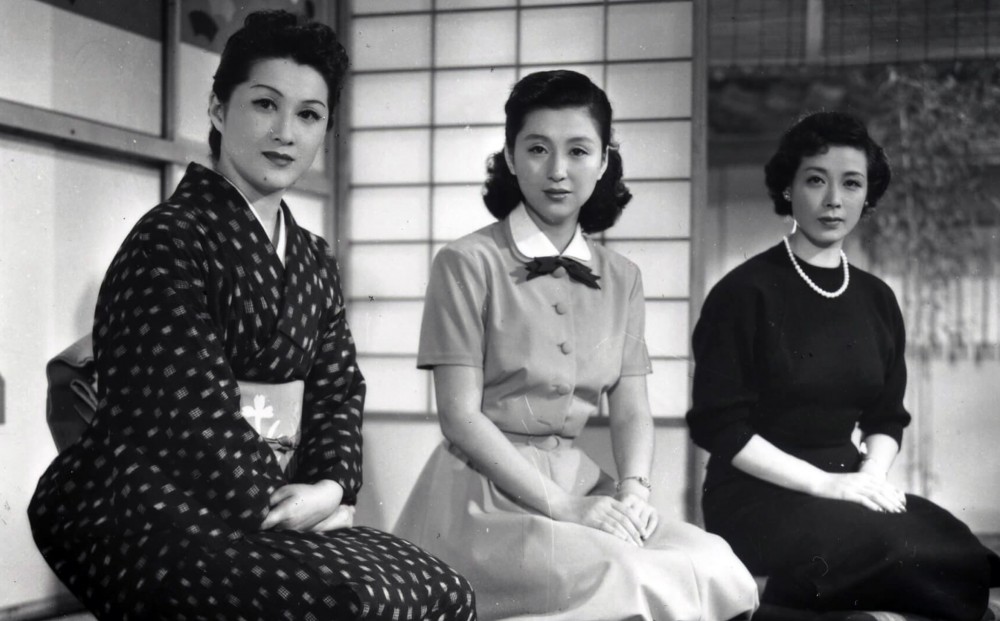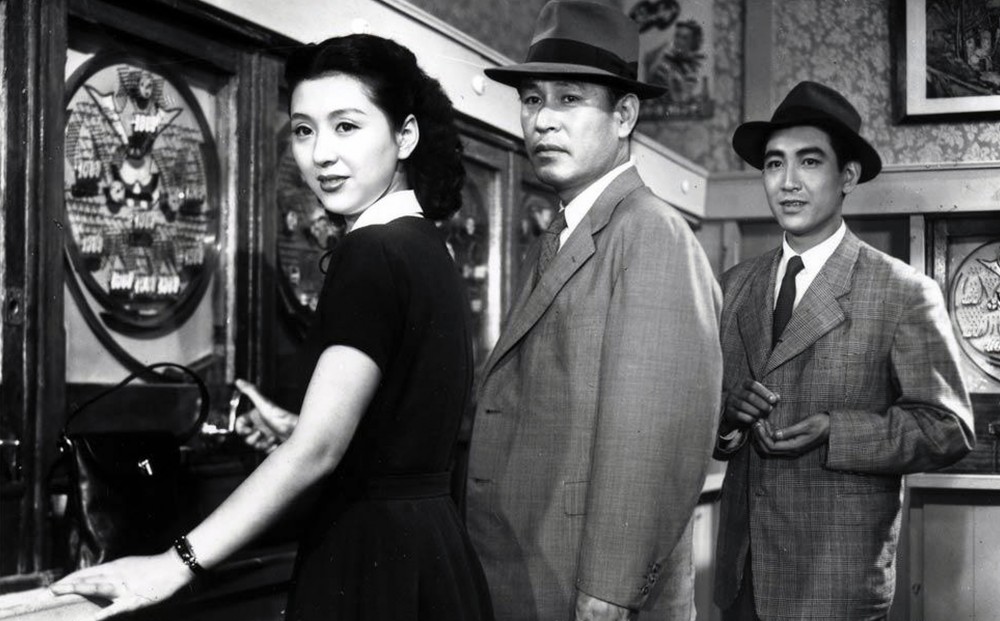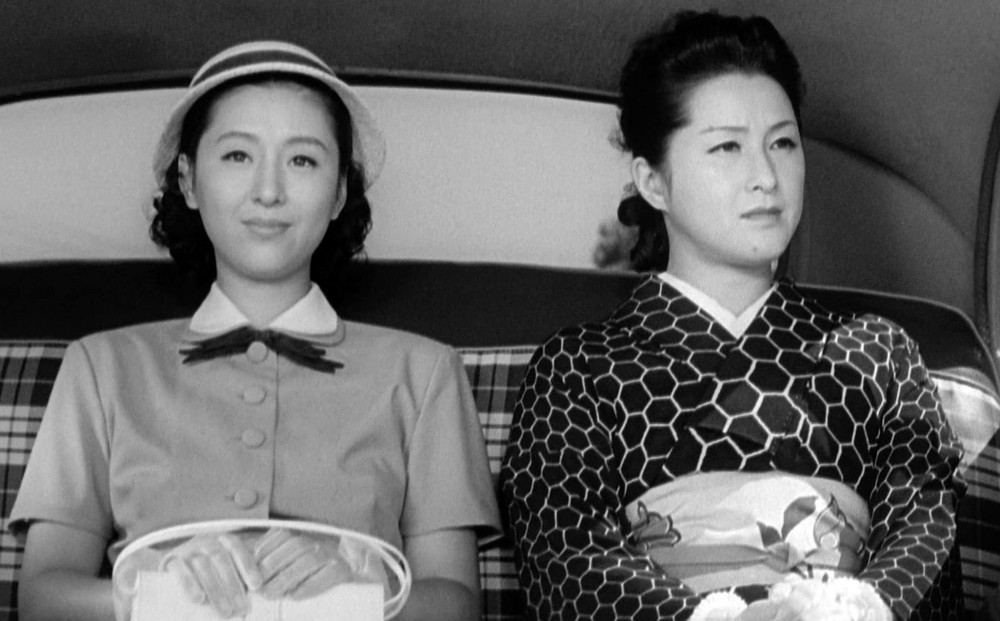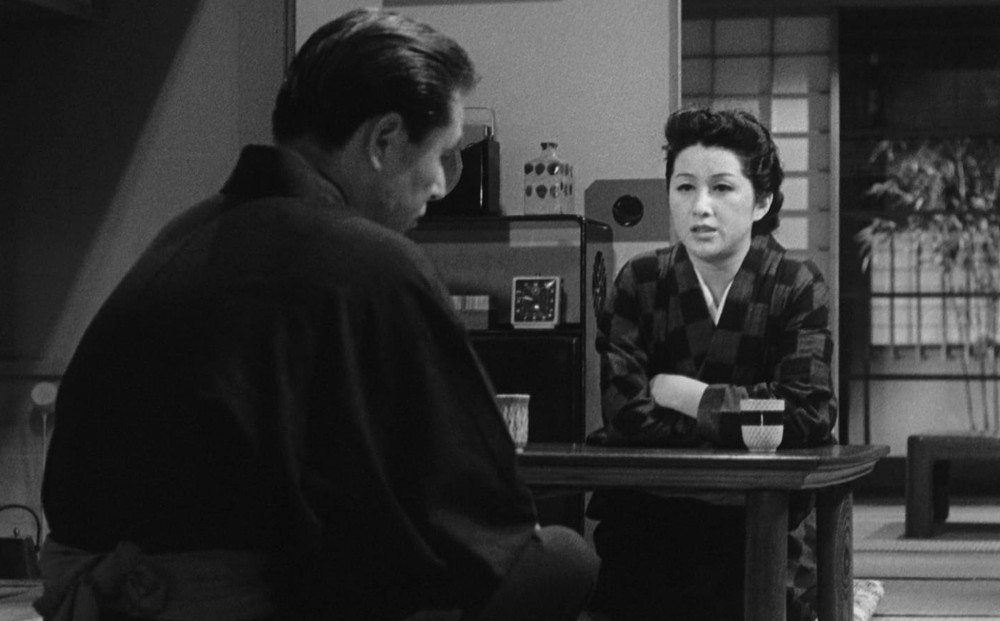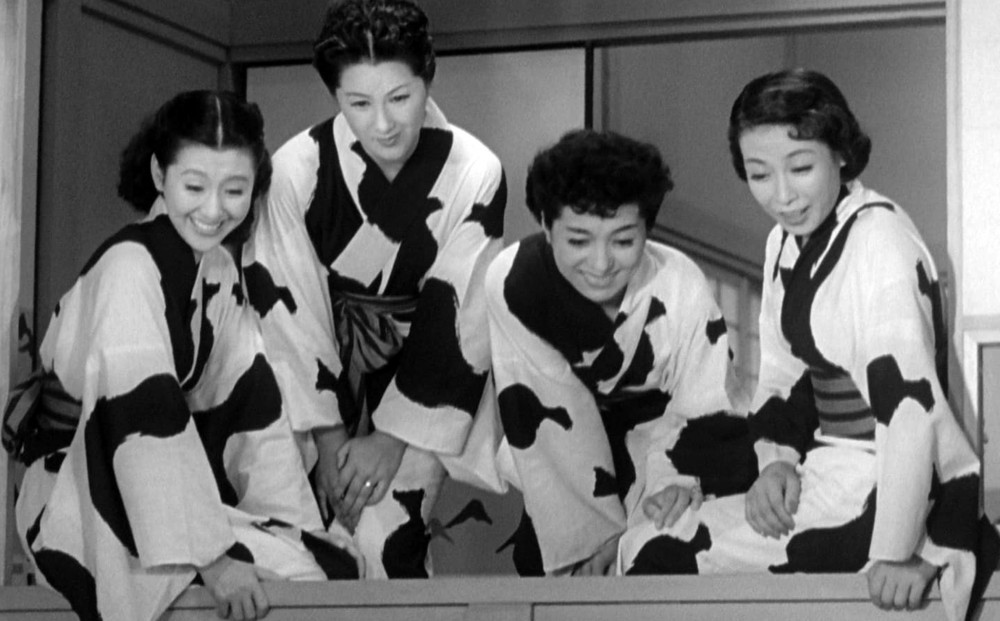Ozu’s
THE FLAVOR OF GREEN TEA
OVER RICE
12:30 2:45 5:05 7:30 9:45
Through Thursday, December 20
NEW 4K RESTORATION
(1952, Yasujirô Ozu) At first glance, Shin Saburi seems the thick-headed dullard wife Michiyo Kogure likens to carp, while she seems a spoiled snob, but then the layers of character peel away, as Keiko Tsushima flees from an arranged marriage and eventual yakuza legend Koji Tsuruta extols buying second-hand, with excursions into the delights of Japan’s nascent pachinko mania. And a resolution seems inevitable at the simple plain meal of the title. DCP restoration. Approx. 115 min.
New restoration courtesy of Shochiku. 4K scanning by Imagica Corporation, Japan.
A JANUS FILMS RELEASE
SPECIAL OFFER: Bring your The Flavor of Green Tea Over Rice ticket stub to Ivan Ramen (25 Clinton St.) for a 10% discount on your meal.
Reviews
“The characters come alive in a way seldom seen onscreen.”
– Donald Richie
“Exquisite… very funny and very moving. At once a study of the shortcomings and strengths of the arranged marriage, and an exploration of what constitutes deceit, and an understated celebration of love tentatively rekindled (one might almost call it Ozu’s Voyage to Italy).”
– Geoff Andrew, Time Out
"As important as the revelations of character—to me anyway—is the casual picture of the world in which they occur... It is a world only seven years removed from Hiroshima. Nobody in an Ozu film seems directly affected by the American occupation, but the American influence is everywhere, in second-hand clothes, in cigarettes, in the liberation of women. The world of this film is more geographically open than those of the other Ozus, but the economy of narrative and technique is practically quintessential… There are times when it is almost formula comedy. No true Japanese formula comedy, however, would punctuate its climactic reconciliation scene, set in the kitchen that the wife is discovering for the first time, with the image, seen only out of the corner of the camera eye, of a can of Wesson oil.”
– Vincent Canby, The New York Times

